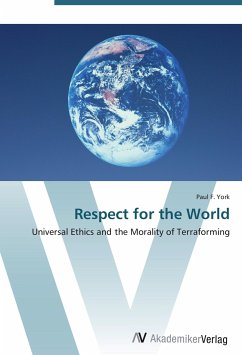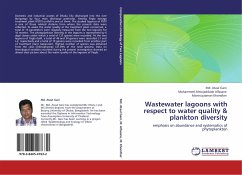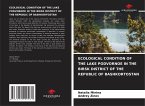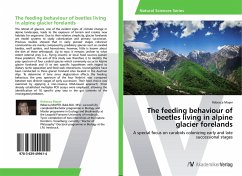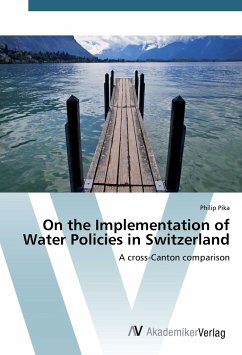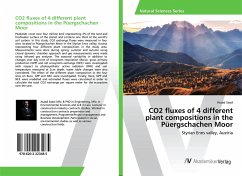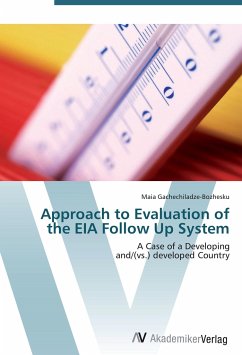Revision with unchanged content. Traditional ethical systems were originally formulated to govern relationships between persons within a human community and so are inadequate to frame such questions as the morality of large-scale efforts to transform inanimate parts of nature - for example, proposals to terraform Mars. Terraforming is a massive re-engineering effort directed at an entire planet to make it more Earth-like. For Mars, the objective might be to create a breathable atmosphere and raise its ambient temperature so that human beings could live and work there in a shirt sleeves environment. This book develops an ethical system, called universal ethics, capable of framing such questions. The task is approached by building on the environmental ethical theory of Paul W. Taylor, as developed in his 1986 book Respect for Nature: A Theory of Environmental Ethics. Universal ethics regards all concrete material entities, whether living or not and whether natural or artefactual, as having inherent worth and therefore as entitled to moral consideration. The book is addressed to the intelligent reader and to researchers and professionals in ethics, environmental philosophy, the space programme and space law.

